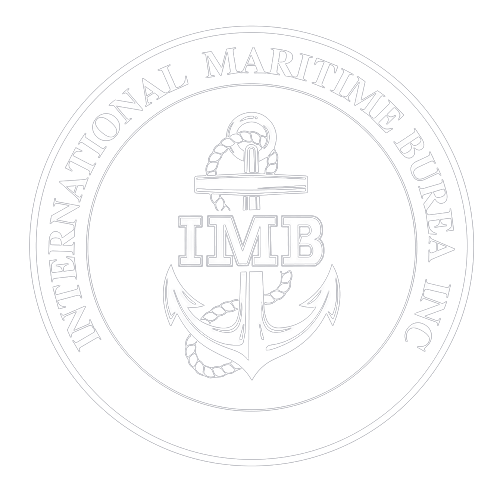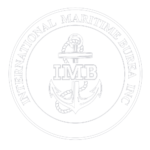Marine Systems
ISM Code Certification
Application
Starting from July 1, 1988, the ISM Code became applicable for passenger ships including passenger high-speed crafts, oil tankers, chemical tankers, gas carriers, bulk carriers and cargo high-speed craft of 500 gross tonnage and upwards.
With respect to other cargo ships and mobile offshore drilling units of 500 gross tonnage and upwards, the ISM Code became applicable on the July 1, 2002.
Activities
IMB, through its well-established network of auditors, conducts audits on behalf of Flag Administrations and issues Document of Compliance to a company, and Safety Management Certificate to a vessel that complies with the ISM Code requirements.
Certification Process
The certification process relevant to a Document of Compliance for a Company and a Safety Management Certificate to a ship will normally involve the following steps:
- Initial verification
- Annual or intermediate verification
- Renewal verification
- Additional verification

ISPS Code Certification
Application
Starting from July 1, 2004, the ISPS Code became applicable for passenger ships; cargo ships, including high-speed craft, of 500 gross tonnages and upwards; and mobile offshore drilling units.
Activities
IMB, through its well-established network of auditors, conducts audits on behalf of Flag Administrations and issues International Ship Security Certificate to a vessel that complies with the ISPS Code requirements.
Certification Process
The certification process will normally involve the following steps:
- Initial verification
- Intermediate verification
- Renewal verification
- Additional verification
MLC Convention Certification
Application
Starting from August 20, 2013, the MLC Convention became applicable for all ships of 500 gross tonnages and upwards; and mobile offshore drilling units.
Activities
IMB, through its well-established network of auditors, conducts audits on behalf of Flag Administrations and issues Maritime Labour Certificate to a vessel that complies with the Maritime Labour Convention requirements.
Certification Process
The certification process will normally involve the following steps:
- Initial verification
- Intermediate verification
- Renewal verification
- Additional verification

